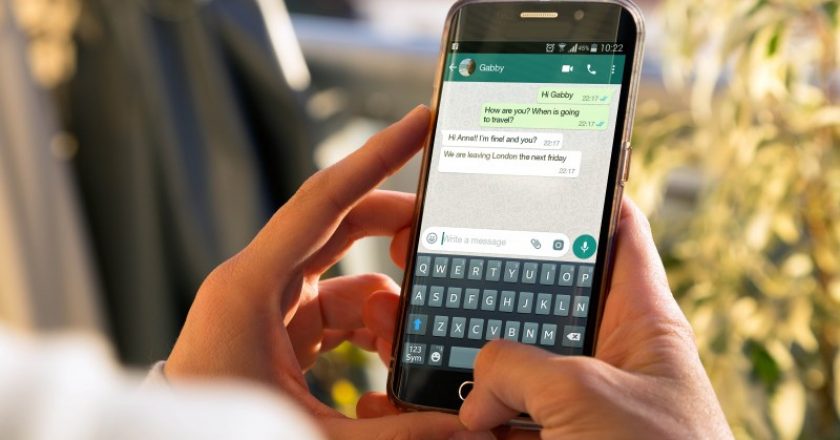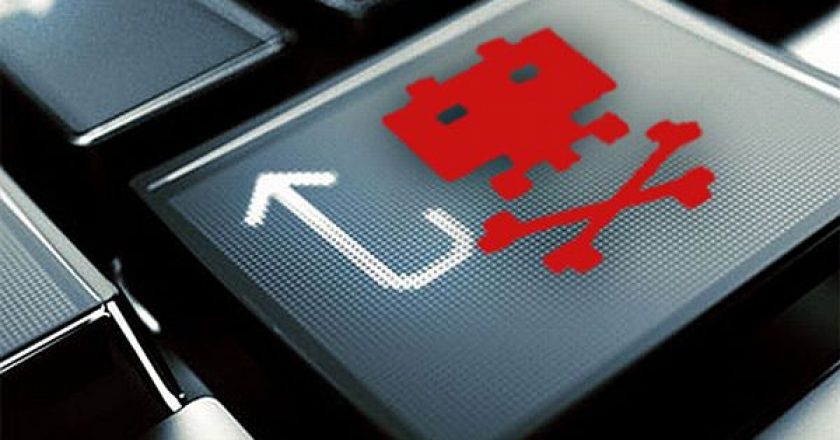ESET researchers discovered a cyber-attack that used a UEFI rootkit to establish a presence on the victims’ computers.


ESET researchers discovered a cyber-attack that used a UEFI rootkit to establish a presence on the victims’ computers.

The FireEye study found that less than a third (32 percent) of email traffic seen in the first half of 2018 was considered ‘clean’ and actually delivered to an inbox.

International demand for multifunctional malware that are flexible enough to perform almost any task are on the rise, according to the latest research by Kaspersky Lab.

Anthony O’Mara, vice president, EMEA, Malwarebytes, sheds light on a new malware that’s on the rise and why having a multi-layered security approach is key to thwarting this threat.

A new malware that attacks and infects victims through compromised routers and can run in kernel mode, giving it complete control over victim devices has been uncovered in the Middle East and Africa region.

ESET has launched ESET Smart TV Security, an advanced technology protection solution against targeted malware attacks on connected TVs and …

Russian security firm Kaspersky Lab has discovered previously undetected malware directed at users who used the desktop version of the …

Several cybersecurity firms have confirmed that they had uncovered a computer virus dubbed ‘Olympic Destroyer that was likely used in …


Websites such as the UK’s NHS and ICO to the US government’s court system were just some of the 4,200 sites infected with a malicious version of a widely used tool known as Browsealoud.

The implant, named Skygofree, is designed for targeted cyber-surveillance, possibly as an ‘offensive security’ product.

Google said on Friday it took down 60 gaming applications after security firm Check Point said it had discovered new …

The UAE’s Telecommunications Regulations Authority (TRA) has warned of malicious PDF files sent anonymously to email or WhatsApp accounts that …

Harish Chib, vice president, Middle East and Africa, Sophos, reviews the most prominent risks from 2017, and what we can expect in 2018.

McAfee Labs saw malware reach an all-time high of 57.6 million new samples – which equates to four new samples per second.

From Conficker to Zeus, these four malware threats continue to impact enterprises today.

ESET has investigated and identified a complex threat posed by a new strain of malware that has so far affected half a million users.

Malwarebytes has announced the release of its new single endpoint agent cloud platform for business featuring Malwarebytes Incident Response, Malwarebytes Endpoint Protection and …

Security researchers from ESET and Dragos have discovered a brand new malware strain, dubbed Industroyer, that was specifically built to …

Partners can look forward to attractive margins from the new EMEA channel programme. Malwarebytes, the advanced malware prevention and remediation …